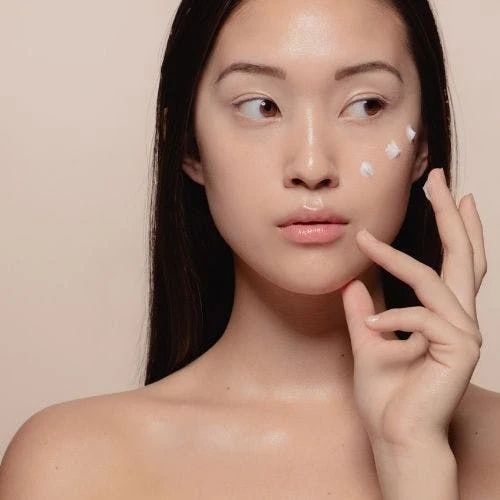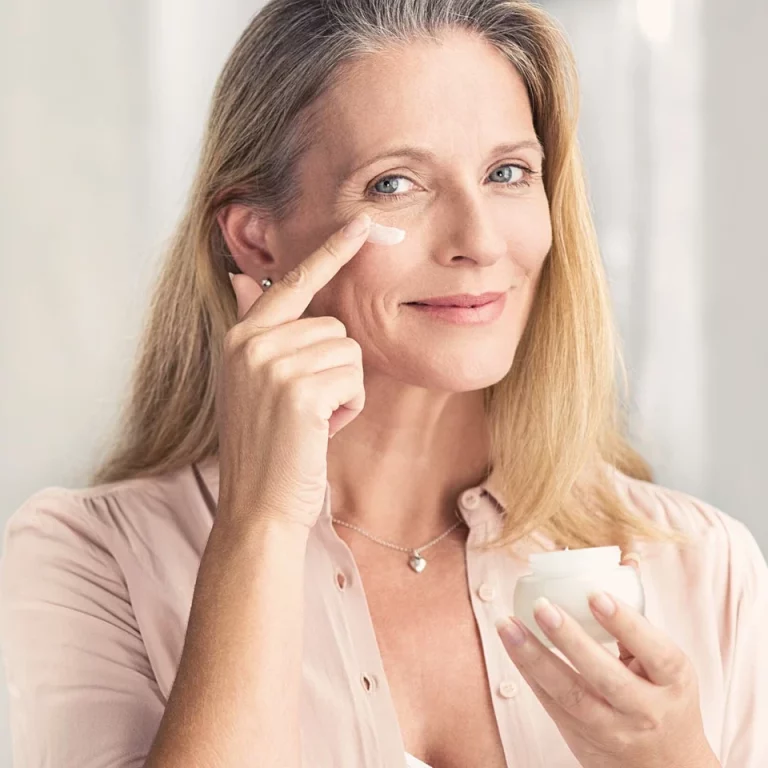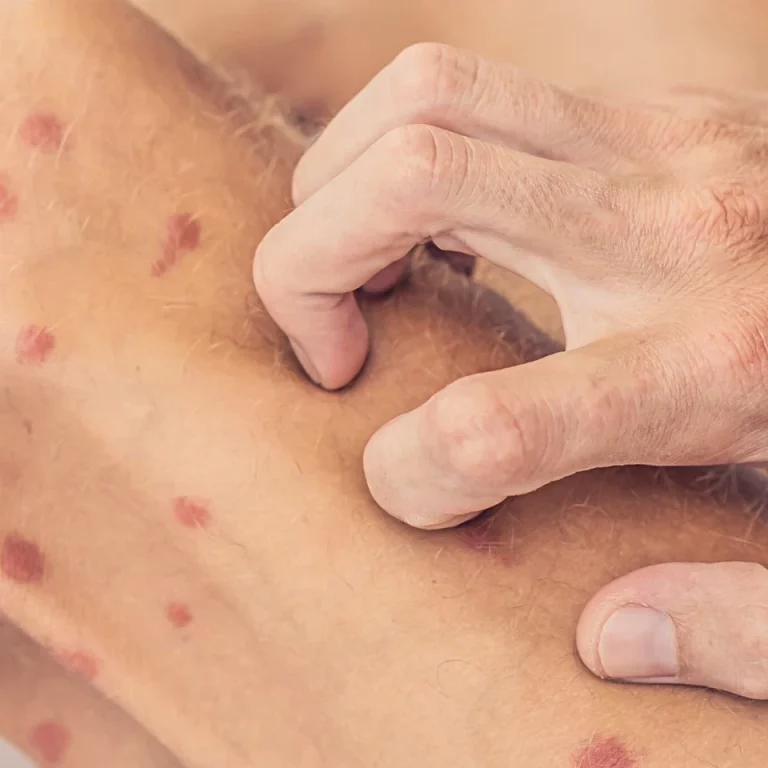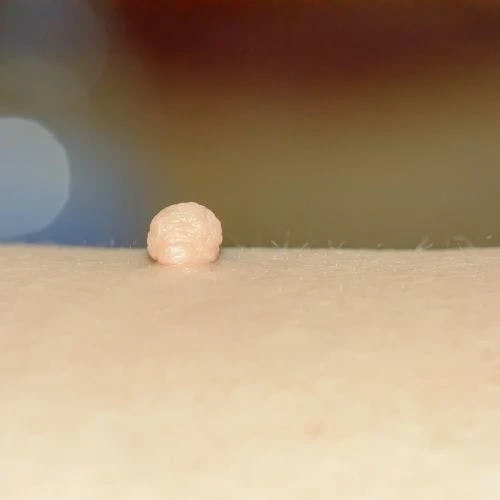How do Retinoids help my Skin?
What are retinoids?
Retinoids are a class of medications derived from vitamin A that are used to treat numerous skin conditions. Retinoids can be used topically on the skin as well as ingested orally. Topical retinoids are most commonly used to treat psoriasis, acne, melasma, hyperpigmentation from chronic sun exposure and fine wrinkles. Retinoids work by regulating skin cell growth, promoting collagen development and minimizing inflammation in the skin.1
There are many topical retinoids available in the United States including tretinoin, adapalene, retinol, trifarotene and tazarotene that come in gel, liquid, and cream forms.1 The oral retinoid, isotretinoin, is used to treat severe, scarring acne.2 Acitretin is an oral retinoid used to treat psoriasis.3 Most retinoids require a prescription, however retinol and adapalene containing products are available over the counter. This article focuses on topical retinoids.
Retinol for skin
Tretinoin is the most studied retinoid used to treat age related changes. Numerous studies confirm tretinoin to improve fine lines, texture changes, elasticity, hyperpigmentation and sallowness through its positive effects on collagen and regulation of skin cell turnover.1
Topical retinoids improve comedonal acne (blackheads and whiteheads) through effects on skin cell turnover by unclogging pores. Topical retinoids can help more inflammatory types of acne (pimples, cysts) by minimizing inflammation.4
In patients with psoriasis, retinoids reduce excessive skin cell production to reduce the thickness of psoriatic plaques and also reduce the overall chronic inflammation in the skin caused by this disease.1
How often should I use a retinoid product?
Topical retinoids can be applied to the skin once daily. All topical retinoids, with the exception of adapalene, are degraded by light exposure so are generally applied at night. Often it is recommended to start by using just twice per week and increasing as tolerated. Studies show that the beneficial effects on the skin happen even with just twice weekly use. The most common side effects are redness, peeling, burning and itching of the treated skin. These side effects are more common with tretinoin and tazarotene than the other topical forms. To minimize these effects, retinoids should be applied in the recommended amount and either mixed with moisturizer or followed immediately by a moisturizer. Application on dry skin also may minimize potential for irritation.5
Related: Best Moisturizer After IPL Treatment
For acne treatment, early improvement may be visible after six weeks of usage but most studies document improvement at 12 weeks. When used to treat age and sun related changes, improvement can be seen at 3 months.5
Retinoids in any form should not be used during pregnancy due to the risk of birth defects.
Can sun exposure while using a retinoid be bad for my skin?
During the initial months of using a topical retinoid, the skin will be more sensitive to sun exposure and more prone to sunburn. Patients using retinoids should avoid excessive sun exposure during initial treatment because of this increased risk. However, sun protection should really be used indefinitely to optimize the potential benefits of the retinoid on sun induced changes and of course to reduce the risk of skin cancer.5
Authors: Brooke Jeffy, MD, Aarushi Jain
Medically Reviewed By Board Certified Dermatologist Dr. Brooke Jeffy
2. Isotretinoin: Overview. https://www.aad.org/public/diseases/acne/derm-treat/isotretinoin.
We discuss products we think are useful to people. If you buy something through our links, we may earn a commission. Remember to check with your personal physician to see if a product recommended is right for you.








